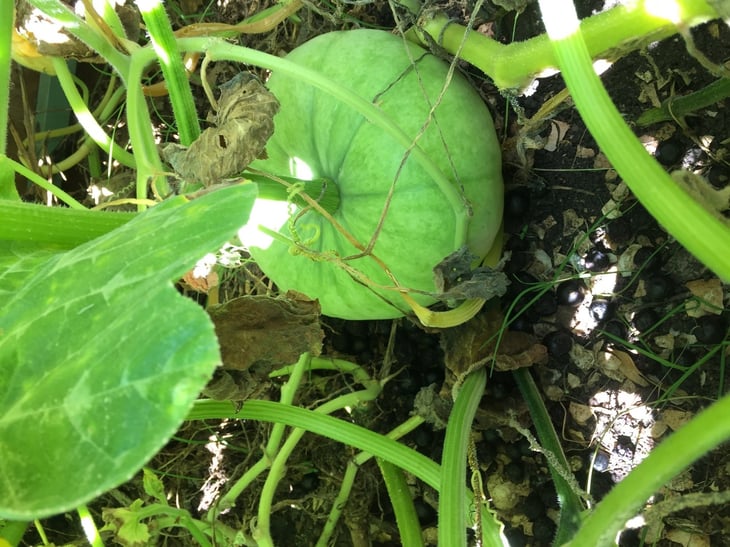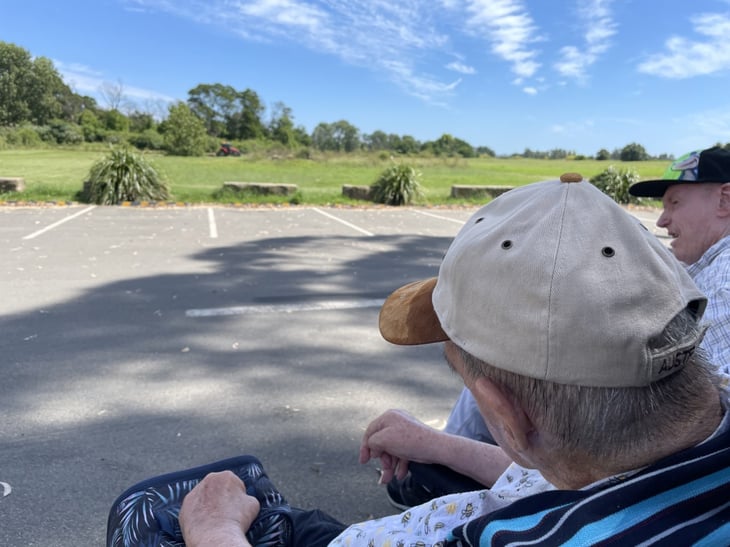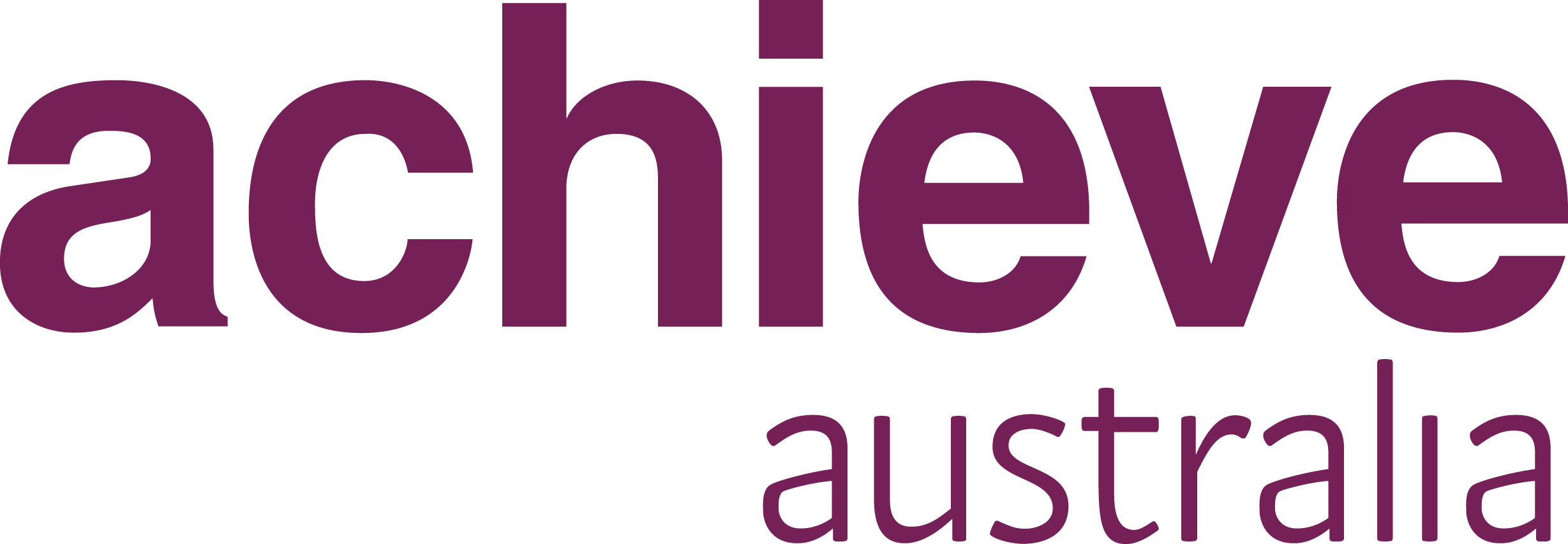Good nutrition is an important way to achieve a happy, healthy life with the benefits going way beyond just maintaining an ideal weight.
Qualified nutritionist and naturopath Grace Matto says our food and beverage choices play a vital role in our health and wellbeing.
“Good nutrition has a positive impact on our quality of life,” Grace explains. “Our energy levels, sleep cycles, body weight, immune system, and our moods can all be impacted by what we eat and drink.”
Combined with some form of physical activity, a healthy diet can reduce the risk of developing preventable chronic health conditions such as type 2 diabetes, high blood pressure and heart disease.
According to the Australian Institute of Health and Welfare, 65% of people without disability experience very good or excellent health compared to 24% of adults with disability.
Learning about how to develop healthy habits can help people with disability increase their ability to ward off preventable health issues.
Grace says when preparing healthy meals at home, there are some easy ways to get organised and maintain a healthy diet. Follow her tips and give adopting healthy habits a go.

Tips for good nutrition
Eat more fresh fruit and vegetables
When you eat a rainbow of fruit and vegetables you increase fibre intake, micro nutrients and phytochemicals, a natural chemical produced by plants, which are all important for a healthy gut, immune and digestive system. Have a mix of raw and cooked foods as some micronutrients are damaged with heat.
Limit sweetened drinks and processed fast food
Fast food and drinks such as soft drink, fruit juices, energy drinks and diet drinks are high in sugar and have little or no nutritional value. If you are craving a fruit juice, opt for a smoothie instead as it will contain more fibre.
Get involved in preparing and cooking food
Being able to smell, see and touch our food helps trigger the body’s first stage of digestion. For example, the digestive process for carbohydrates begins with the secretion of the enzyme called amylase in our saliva, so salivating with excitement for your food is actually the first step to digesting it.
Meal preparation
When you are busy with work or home life, it can help to organise your meals and have healthy snacks ready to go in the fridge. Consider pre-cutting vegetable sticks and boiling eggs in advance. Cook homemade meals and freeze for later or freeze berries, herbs and vegetables when they are on special for use in smoothies.
Drink water
Water is important in assisting our body’s detoxification pathways. This can be in the form of herbal teas or you can flavour your water with mint, cucumber or fruit slices to make it more exciting. Depending on body weight and energy output we should be aiming for somewhere between 1.5 and 3 litres per day.
At Achieve, Abimbola Ibuowo, Regional Registered Nurse for North Western Sydney, assists in meal planning for clients and provides specialist advice on health and wellbeing in consultation with qualified dieticians and nutritionists.
Abimbola says that people with disability can eat the same healthy foods with changes as needed to their diet. “There are just some times where diet modifications are needed to help with absorption, maintaining body weight, and with consideration to an individual’s level of physical activity,” says Abimbola.
When a client has a personal meal plan from a dietician to follow, Abimbola says that she will encourage some type of physical activity to go along with their meal plan, which helps digestion.
“It could just be something simple like a walk in the park, going up and down the street or moving around the house and hanging clothes on the line,” says Abimbola. “For client’s who are in a wheelchair or in bed, we recommend any type of movement that is possible and comfortable like moving your arms, hands or upper body to get the blood flowing.”
In addition as needs change over time with age, the ability to swallow whole foods or vitamin and mineral imbalances, our diet may also need to be adjusted. To assist clients and staff with healthy meal planning, Achieve has recently distributed the ‘Ensure Cookbook’ throughout our group and community homes.
Recipes from the cookbook can be adapted to use the Ensure Nutritional Powder, if a dietician has prescribed it, or on made as stand-alone recipes. “Each person is unique and we take an individual approach to nutrition and special diets so that we can help maintain good health and wellbeing for the people we support. A healthy diet is one way to do this,” says Abimbola.

Explore more topics
- Accessibility
- inclusion
- Achieve Australia
- disability
- belonging
- Community
- Employment
- The Sewing Basket
- Advocacy
- disability employment
- Accessible
- My Life My Say
- Celebrating people we support
- NDIS
- 2022
- Meet our Achievers
- blog
- people with disability
- travel
- women with disability
- Art
- Australia
- COVID-19
- Disability services
- Good nutrition
- Guildford
- Health tips
- Mental wellbeing
- NDS
- Sharing milestones
- Sydney
- achievable
- assistance dogs
- depression
- disability communications
- disability inclusion
- election
- employee of the year
- intellectual disability
- motherhood
- pregnancy
- social inclusion
- support workers
